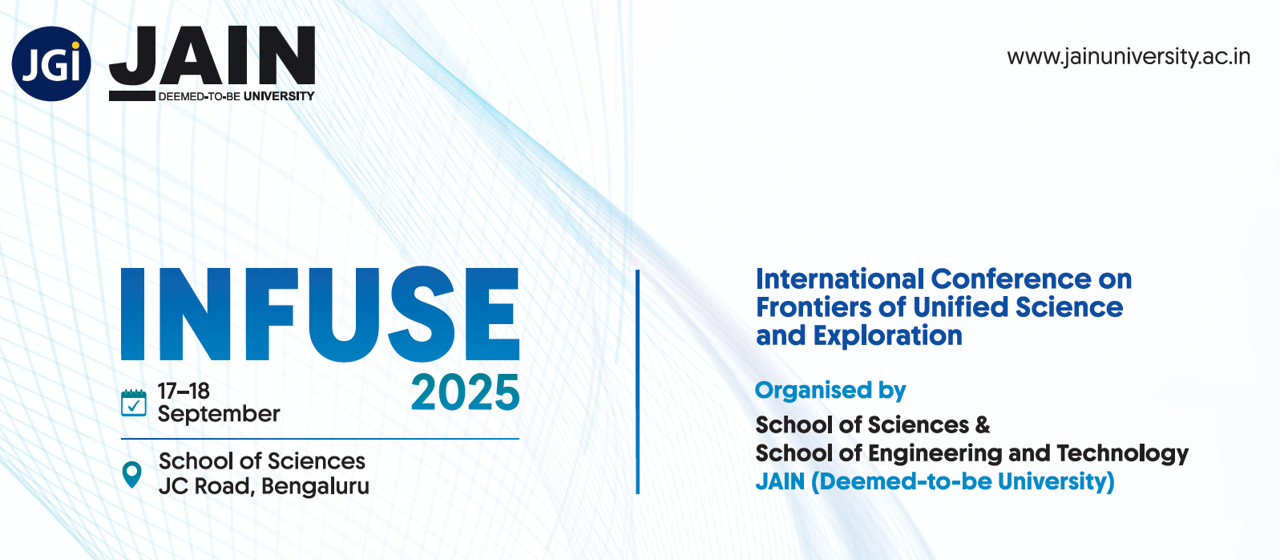Speakers
Description
The rapid proliferation of lithium-ion batteries (LIBs) in electronics, renewable energy systems, and electric vehicles has created dual challenges of environmental burden from spent batteries and depletion of critical raw materials. Conventional recycling methods, including pyro metallurgy and hydrometallurgy, are effective but often constrained by high energy requirements, hazardous chemical usage, and secondary pollution. Bioleaching emerges as a promising, eco-friendly, and low-cost alternative. This study investigated the potential of microbial bioleaching for selective recovery of metals from LIB powder using Aspergillus niger and Staphylococcus aureus.
Pre-treated battery powders were subjected to microbial incubation, followed by qualitative and semi-quantitative analysis of solubilized metals through colorimetric assays and UV-Visible spectrophotometry. Flame tests were further employed for lithium confirmation. Results revealed that A. niger demonstrated significantly higher leaching efficiency compared to S. aureus, with elevated solubilisation of nickel (27.9 ppm), manganese (25.6 ppm), and cobalt (20.8 ppm), attributed to organic acid secretion and medium acidification. In contrast, S. aureus displayed limited recovery due to its inability to produce strong acid metabolites, with residues showing incomplete structural degradation. Lithium detection through Eriochrome Black T was unreliable, but crimson flame emission confirmed its presence, whereas cadmium remained undetectable, consistent with modern LIB compositions. These findings validate fungal bioleaching as an effective and sustainable method for critical metal recovery, aligning with circular economy principles by reducing reliance on mining and mitigating e-waste hazards. Future directions include optimization of microbial consortia, bioreactor design, and advanced analytical quantification to enhance industrial applicability.
Keywords: Bioleaching, Lithium-ion batteries, Sustainable recycling and E-waste management.

